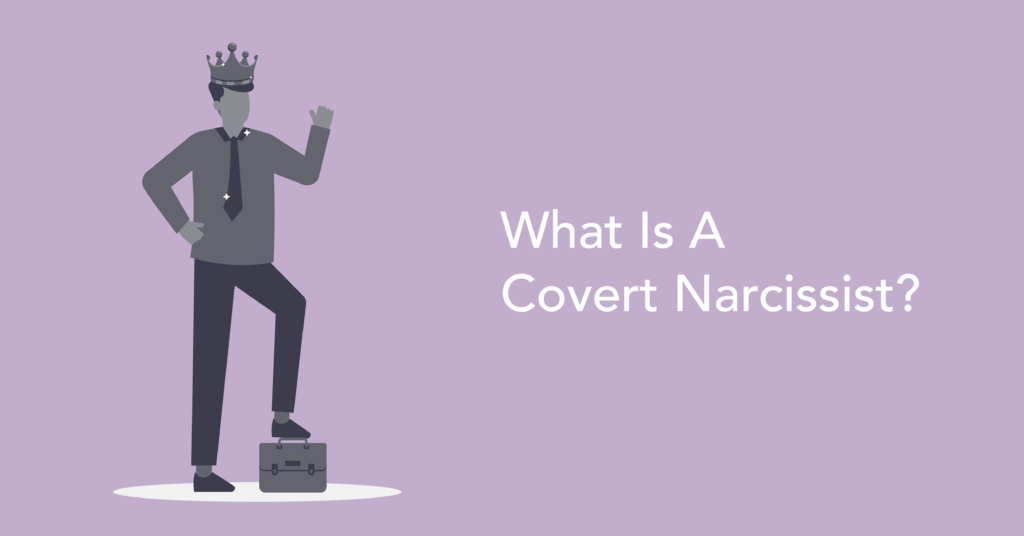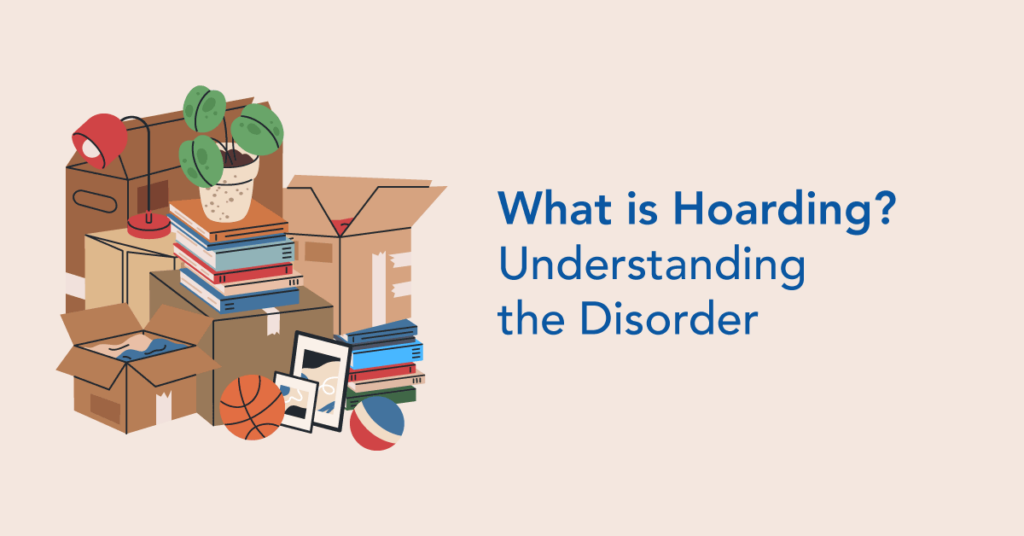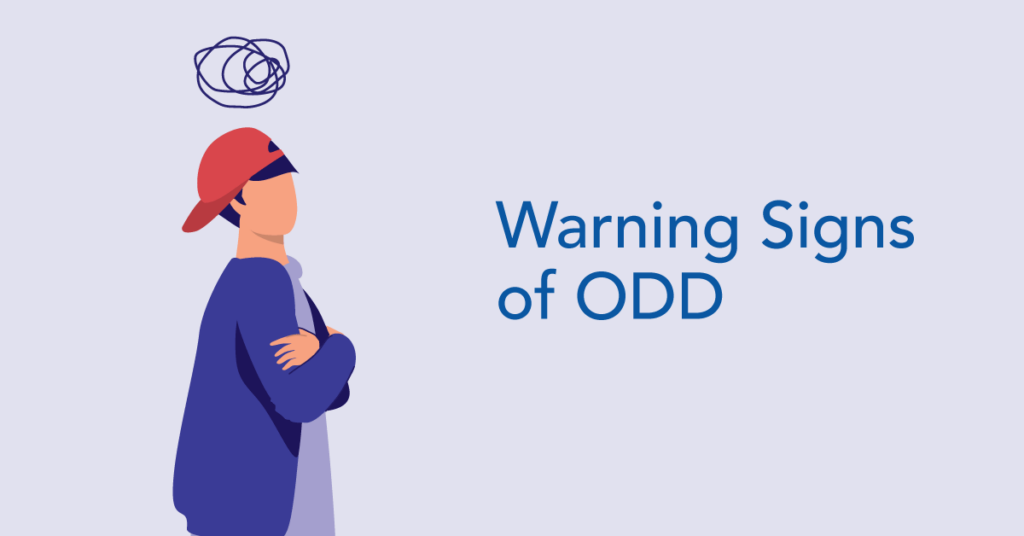Covert narcissists are inwardly self-absorbed but appear shy or sensitive:
Use guilt or passive aggression
Crave admiration but hide it
Can be emotionally draining in relationships
Think all narcissists are loud, boastful and easy to spot? Think again. You or someone you love could be a covert narcissist, making it harder to detect. These types of narcissists may seem kind, supportive and quiet in public, but how they view themselves and others privately is quite different. They show basic narcissistic signs, such as an excessive need for admiration, but also display introverted tendencies. Despite these differences, being in a relationship with someone displaying covert narcissism traits can be as difficult as being in a relationship with someone whose narcissism isn’t covert.
If you suspect you or someone you love may be a covert narcissist, keep reading to learn more.
What Is a Covert Narcissist?
Studies show that up to 6% of the U.S. population has narcissist characteristics. Most people define narcissists as loud, obnoxious and arrogant. But this isn’t always the case. A covert narcissist is a person who displays traditional signs of a narcissistic personality but in less obvious ways. They tend to be introverted and may even have a form of social anxiety. This factor causes them to internalize their feelings of self-importance and focus on their constant need for attention. As with all narcissists, the covert narcissist craves attention. Since they can’t outwardly display signs of self-importance, such as boasting or being loud, they often use passive-aggressive behaviors or manipulation to gain attention from others. For instance, they may often speak negatively about themselves in front of others to solicit compliments.Covert Narcissism Traits
If you think you might have NPD but you’re also shy and socially awkward, it’s important to understand the signs, traits and behaviors of a covert narcissist. If you’re in a relationship with someone you believe could be a narcissist or you have a family member you’re concerned about, understanding hidden narcissist signs is crucial. Some traits of narcissism include:- Over-inflated sense of self-worth
- Need for constant praise and admiration
- Lack of empathy for others
- Deep insecurities
- Chronic jealousy and envy
- Being highly sensitive to criticism
- Poor listening skills
- Sense of superiority or entitlement
- Displaying passive-aggressive behaviors
- Going above and beyond to gain attention
- Displaying manipulative behaviors, such as gaslighting or guilt trips
- Being self-deprecating, such as making negative comments about themselves
- Trouble fitting in
- Resistant to change
- Anxiety or depression
Overt vs. Covert Narcissist
There are two types of narcissists: overt and covert. While both types are driven by an excessive need for attention and heightened sense of self-worth due to their deep insecurities, there are some stark differences in their personalities. Overt narcissists are the type most commonly identified and talked about. They tend to dominate conversations and exaggerate events or accomplishments. Overt narcissists lack empathy and the ability to care about others’ feelings. In fact, they often exploit relationships for their own gain. Covert narcissists, on the other hand, are more difficult to spot. They tend to be quiet and shy and even display signs of social anxiety. Since they aren’t outwardly seeking attention, it can be hard to identify their narcissistic traits at first. However, they still have the same drive for attention and will do what it takes to get it. For instance, they often play the victim to gain sympathy and attention from others. They’re not above using gaslighting techniques to make you question your own memories. Covert narcissists can also be passive-aggressive, especially if they feel threatened, dismissed or criticized. For example, they may make snide or sarcastic comments, stop listening to you completely or withhold praise and attention. These behaviors add to their sense of self-worth and need for control.Impact of Covert Narcissism on Relationships
Both overt and covert narcissist have trouble forming and maintaining healthy relationships but may have many superficial relationships based on their need for attention. Their behaviors can be extremely difficult and painful for others to deal with. Unfortunately, it can be hard to detect a covert narcissist right away. You can be well into a relationship before you realize their narcissistic tendencies. By this time, they could have used gaslighting techniques to make you question your perception of events. In fact, they may have you believing you’re the problem, not them. Other coinciding behaviors, including sarcasm, manipulation and shift blaming, can be extremely hurtful and have long-term effects. Even more painful is their lack of empathy and unwillingness to reciprocate emotional support. While they expect constant praise and attention from you, they’re often unwilling or unable to provide this themselves. This can leave you feeling undervalued, worthless and unloved.Tips for Dealing With Covert Narcissistic Relationships
If you’re in a relationship with a covert narcissist, there are several things you can do to deal with the pain you may be experiencing.Set Clear Boundaries
Determine what is and isn’t acceptable and what steps you should take to protect yourself. For instance, if the covert narcissist is displaying signs of gaslighting or manipulation, you may need to stop contact for a while. This can be difficult because narcissists crave attention and may retaliate if they don’t get it. Since they lack empathy, they have difficulty understanding your side of things.Seek Professional Therapy
Due to the nature and difficulty of being in a relationship with a covert narcissist, it’s crucial to seek out professional therapy. A therapist can help you identify covert narcissism traits and realize how the narcissist’s behaviors impact your life and self-esteem. They can also help you learn to take the blame off yourself and prioritize self-care. Don’t wait another day. If you’re living with or in a relationship with a covert narcissist, reach out for help today. Contact the Mental Health Hotline at (866) 903-3787 to talk to a trained operator.Editorial Team
-
 Written By: Mental Health Hotline
Written By: Mental Health HotlineMental Health Hotline provides free, confidential support for individuals navigating mental health challenges and treatment options. Our content is created by a team of advocates and writers dedicated to offering clear, compassionate, and stigma-free information to help you take the next step toward healing.


